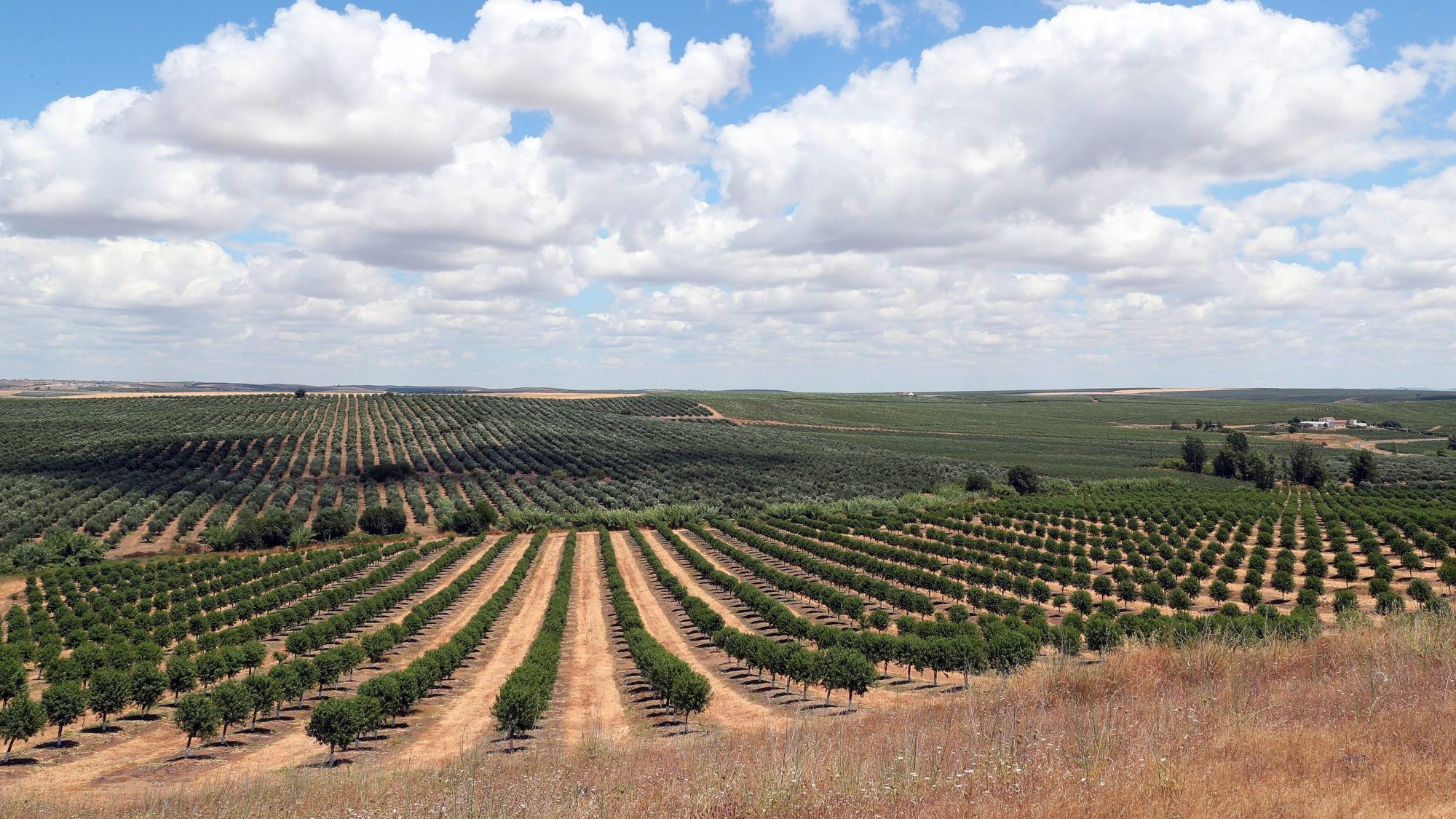The majority of deputies from the PS and the parties on their right rejected projects from the BE, PCP and PAN on regulation and limitation of intensive crops this Friday.
The BE and PAN projects obtained favorable votes from BE, PAN and Livre, while PS, PSD, Chega, Liberal Initiative voted against and the PCP abstained.
In relation to the PCP project, PS, PSD, Chega and the Liberal Initiative voted against, having been voted in favor (in addition to the proponent) by BE, PAN and Livre.
With its project —which had already been debated in 2020— the Bloco de Esquerda intended to “start a regulation process” for the installation of intensive and super-intensive permanent agricultural crops throughout the country; of the greenhouse, tunnels and greenhouses throughout the country; and the generality of crops in all the areas benefited by public hydro-agricultural developments.
The BE also proposed the creation of an agricultural registry and mandatory Environmental Impact Assessment and licensing in large areas of intensive production.
In the presentation of the initiative, the leader of the Bloco de Esquerda, Pedro Filipe Soares, highlighted that, compared to 2020, the project has gained relevance given the drought environment that the country is facing and gave some examples of how intensive crops have increased in the Alqueva area, highlighting the almond tree, whose area went from 1% of the perimeter of the rule in 2015 to 17% today.
The PCP, for its part, presented a project that advocates that the projects that are already on the ground be subject to an integrated environmental assessment, because, as Deputy João Dias explained, “the effects on these already occupied areas [por culturas intensivas e superintensivas] you have to know.”
“What the environmental impact assessment regime is about, it is important to know the effects that intensive agriculture has” on the soil, water resources or biodiversity, the communist deputy also said.
The communists project also looks at related industrial activities and non-agricultural uses of RAN land. [Reserva Agrícola Nacional]as occurs with the installation of solar panels, advocating for regulatory measures and environmental assessment.
The PAN, for its part, defends that intensive tree crops greater than 50 hectares, or that together with other adjoining areas add up to more than 50 hectares, must undergo an environmental impact study regardless of whether they are located in sensitive areas.
The initiative also proposes measures to reduce the risk of environmental contamination, determining that the installation of intensive and super-intensive tree crops “is only allowed at a distance greater than 300 meters from residential areas, leisure areas and sensitive areas.”
During the debate that preceded the vote, the sole PAN deputy, Inês Sousa Real, stated that “environmental protection and environmental Simplex are antonyms”, concluding that she defends subjecting intensive and super-intensive tree crops to environmental impact. evaluation and the environment, arguing: “Only in this way can we say that we are for an energy and green transition and not just from time to time that we are friendly with the environment”.
For his part, Norberto Patinho, from the PS, made several criticisms of the diplomas, describing them as “extemporaneous”, “without a technical basis for support” and a repetition of initiatives that had already been rejected.
“PS is proud of the contributions to this revolution in agriculture” through “the national irrigation program” “strategic for the country,” he said, criticizing the “incomprehensible alarmism” that has been created.
Source: Observadora
